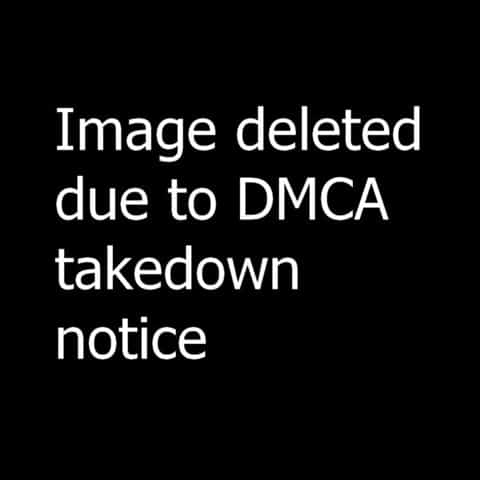In what may be the first case of its kind, a US District Court has awarded damages to the victims of a false takedown notice under the Digital Millennium Copyright Act (DMCA). The DMCA is a copyright law that became effective in 1998. Among other things, it criminalizes the production and distribution of technology for circumventing digital rights management and increases the penalties for online copyright infringement. The DMCA also provides a “safe harbor” for Internet service providers, relieving them of liability for copyright infringement by their users so long as the service providers follow procedures for removing unauthorized copyrighted material upon request. A request to remove copyrighted material is called a “takedown notice.”
The abuse of takedown notices is apparently widespread. According to PC World, more than half the takedown notices it had received under the DMCA as of 2009 were sent by businesses targeting their competitors. Over one third did not actually involve valid copyright-related claims.
Under the DMCA, misrepresentations in connection with takedown notices can lead to liability:
Any person who knowingly materially misrepresents under this section—
(1) that material or activity is infringing, or
(2) that material or activity was removed or disabled by mistake or misidentification,
shall be liable for any damages, including costs and attorneys’ fees, incurred by the alleged infringer, by any copyright owner or copyright owner’s authorized licensee, or by a service provider, who is injured by such misrepresentation, as the result of the service provider relying upon such misrepresentation in removing or disabling access to the material or activity claimed to be infringing, or in replacing the removed material or ceasing to disable access to it.
Up until now, however, it appears that there have been no actual awards of damages. The recent case involved a student journalist in the UK who wanted to do an article about an advocacy group called “Straight Pride UK.” The student sent questions to the group, identifying himself as a journalist, and in response received a document entitled “press release.” The student published parts of the press release on his blog, along with commentary. The group then sent a takedown notice to WordPress.com, the host of the blog, asking to have the press release removed on the grounds of copyright infringement.
The student fought the removal, saying that “his reporting on a matter of legitimate and substantial public concern was silenced as a result of the misrepresentations in the Takedown Notice.” The court agreed and awarded a total of $25,084 in damages. However, it appears that the award will be uncollectible, as the group has disappeared from the scene.


